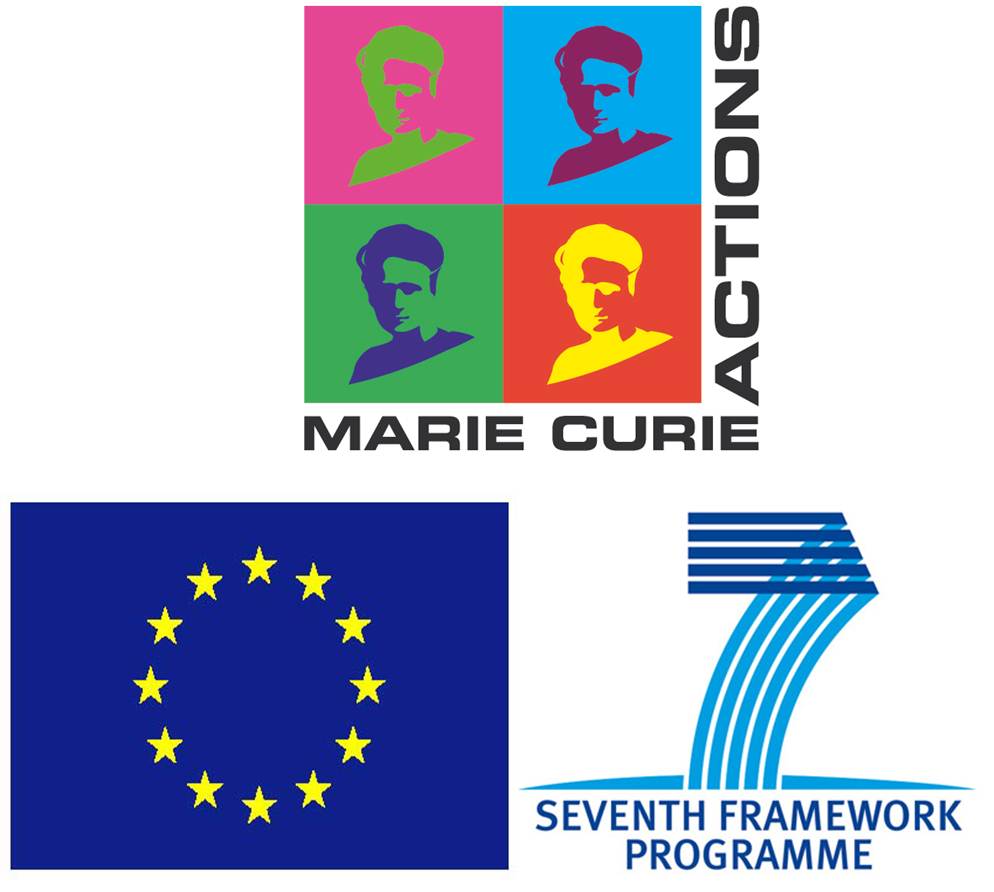
| Welcome |
| Partners and Collaborators |
| Project Aims and Our Responsibilities |
| Key Team Members |
| Documments, Publications and Reports |
| Useful Links |
| Upcoming events |
 |

|
|
EU FP7 Marie Curie: SmartEN ITN project Smart Management for Sustainable Human Environment As the human population is increasing at a
very fast rate and the climate is changing drastically, it is very important to maintain our environments to sustain the
quality of our life. As a major part of sustainable human environments, we have to pay special attention to the well-being
and safety of civil-engineering infrastructures such as bridges, roads and buildings. It is particularly so because
infrastructures are aging over time and the extensive use by human beings has made their safety questionable.
Wired networks to interconnect various types of sensors and cameras are commonly used for monitoring the infrastructures.
However, the deployment of the wired sensor networks requires much time and efforts, and thus increasing their costs.
Moreover, such wired networks may adversely affect the normal functions of infrastructures in some cases.
Wireless sensor networks (WSNs) are relatively cheap and easy to deploy nowadays. It is possible to employ them to collect
a large amount of diverse data over a long period of time from different locations of the infrastructure under monitoring.
Thus, WSNs can be used to provide us with new insights into the conditions, demands and performance of the observed
infrastructure. The SmartEN project represents a
multi-disciplinary research towards the smart management of sustainable environments. It involves close
collaborations among electrical, mechanical and civil engineers from both academia and industry. The aim of
the project is to enable these synergetic collaborations among researchers from different fields (e.g., WSNs,
digital signal processing, non-destructive evaluation) to develop new technologies for environment management. Kin K.Leung |
| Copyright © 2011 Imperial
College. All rights reserved. | Designer | March 2011 |